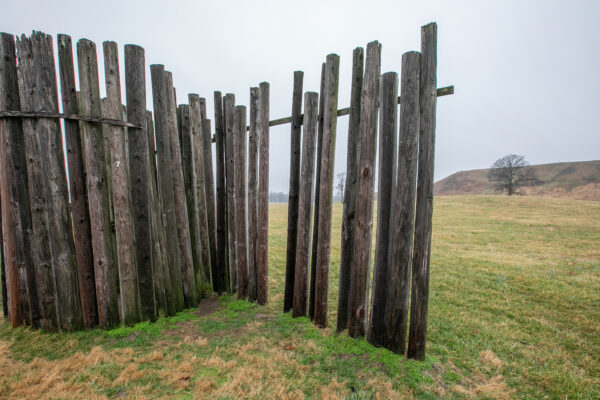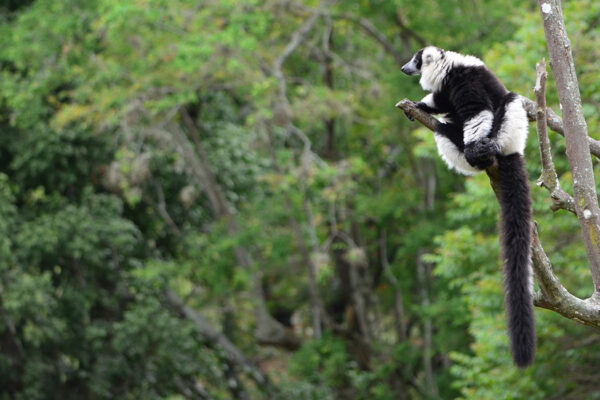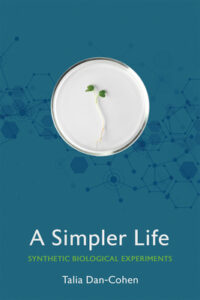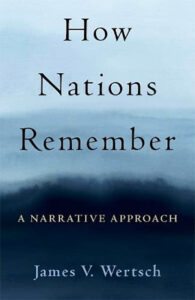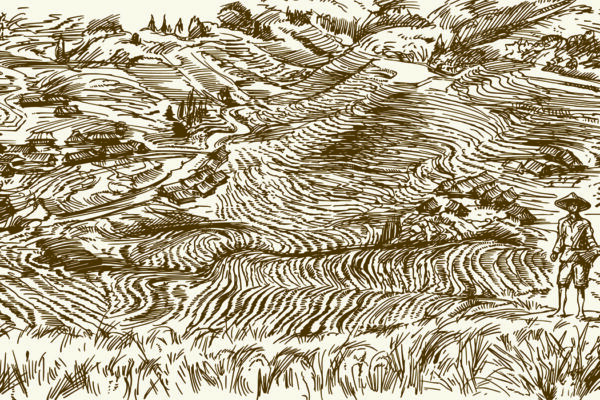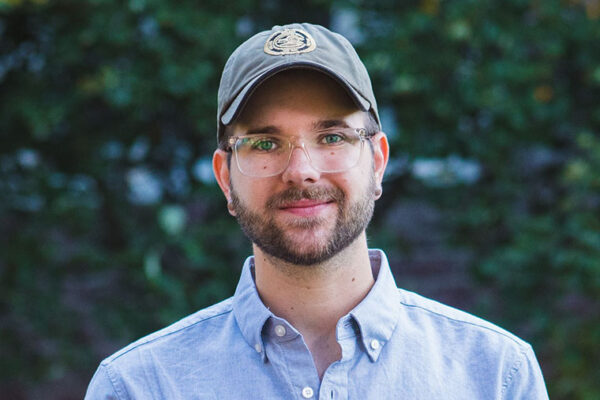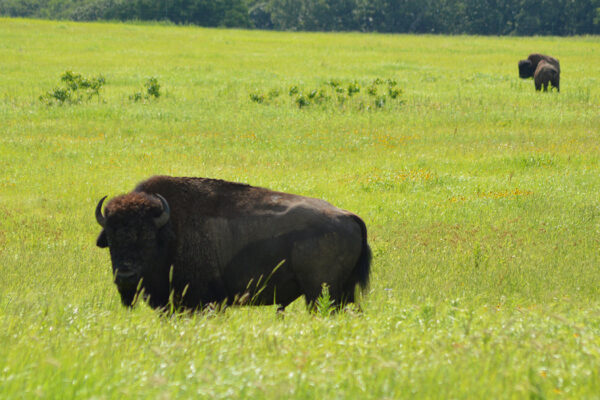Digging deep to discover why Cahokia collapsed
Arts & Sciences archaeologists excavated around earthen mounds and analyzed sediment cores to test a persistent theory about the collapse of Cahokia, the pre-Columbian Native American city once home to more than 15,000 people.
A tale of two forests could reveal path forward for saving endangered lemurs
To figure out how to best support two endangered species — black-and-white ruffed lemurs and diademed sifakas — scientists at Washington University in St. Louis are joining up with researchers at the Saint Louis Zoo, Missouri Botanical Garden and Madagascar-based collaborators for an innovative research effort under the Living Earth Collaborative.
A Simpler Life
Synthetic Biological Experiments
A Simpler Life approaches the developing field of synthetic biology by focusing on the experimental and institutional lives of practitioners in two labs at Princeton University. It highlights the distance between hyped technoscience and the more plodding and entrenched aspects of academic research. Talia Dan-Cohen, assistant professor of sociocultural anthropology in Arts & Sciences, follows practitioners as […]
How Nations Remember
A Narrative Approach
“How Nations Remember” draws on multiple disciplines in the humanities and social sciences to examine how a nation’s account of the past shapes its actions in the present. National memory can underwrite noble aspirations, but the volume focuses largely on how it contributes to the negative tendencies of nationalism that give rise to confrontation. Narratives […]
How to cope with pandemic anniversary emotions
Rebecca Lester, professor of sociocultural anthropology at Washington University in St. Louis, offers advice for coping with the emotions brought on by COVID-19 anniversaries and moving forward.
Under climate stress, human innovation set stage for population surge
Anthropologist T.R. Kidder in Arts & Sciences published new research that shows that aridification in the central plains of China during the early Bronze Age did not cause population collapse. The results highlight the importance of social resilience to climate change.
Trust your gut: A healthy sense of disgust can prevent sickness
New research, published in the Proceedings of the National Academy of Sciences Feb. 15, suggests that disgust could be the body’s way of helping people avoid infection.
How will we remember this holiday season?
How will this year’s celebrations be remembered? The answer will be “differently than normal” for some individuals, but collective memory for the pandemic itself is likely to fade quickly for most people.
Holland-Lulewicz discovery named Top 10 in 2020
Research conducted by Jacob Holland-Lulewicz, lecturer in archaeology in Arts & Sciences, was named one of the Top 10 Discoveries of 2020 by Archaeology Magazine.
Secrets of the ‘lost crops’ revealed where bison roam
Research from Washington University in St. Louis helps flesh out the origin story for the so-called “lost crops” of the Midwest and Northeast. These plants that may have fed as many Indigenous people as maize, but until the 1930s had been lost to history. Natalie Mueller, assistant professor of archaeology in Arts & Sciences at Washington University in St. Louis, shares evidence that bison were “co-creators” — along with Indigenous peoples — of landscapes of disturbance that gave rise to greater diversity and more agricultural opportunities.
Older Stories
